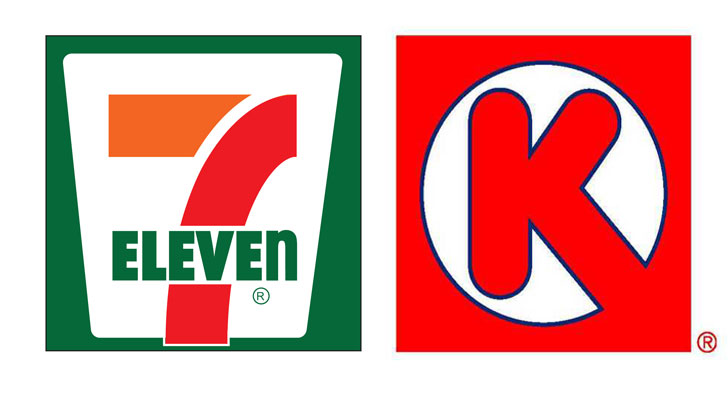Tariff Threats Already Driving Investment Away from Canada
As U.S. President Donald Trump continues to threaten escalating tariffs, businesses, consumers, and policymakers are scrambling to respond. However, even the mere threat of tariffs is already having a significant impact.
“Whether or not they ever come into effect, the damage is done,” said Greig Mordue, a former auto industry executive and associate professor at McMaster University’s W. Booth School of Engineering Practice and Technology.
According to Mordue, Trump’s threats have fundamentally altered the investment landscape. Regardless of whether tariffs are implemented, modified, or exempted, the uncertainty alone is pushing investment away from Canada and into the U.S.
“For at least the next four years, there will be no serious investment in the Canadian automotive industry,” Mordue warned.
Experts have predicted this outcome since Trump’s election. When the Bank of Canada cut interest rates last month, concerns about business investment were a key factor.
“Even if no tariffs were imposed, prolonged uncertainty under the cloud of tariff threats would almost certainly damage business investment in Canada,” the central bank stated in its Summary of Deliberations, explaining its decision to lower rates.
A survey conducted by consultancy firm KPMG, which gathered responses from 250 Canadian businesses, revealed a concerning trend: nearly half of respondents planned to shift investments or production to the U.S. to maintain market access and reduce costs. Many also reported plans to divert goods to countries unaffected by tariffs.
The Ripple Effect on Jobs and Economic Growth
Business investment plays a crucial role in economic growth. When companies invest, they typically hire workers to build facilities, assemble equipment, or develop technology. A slowdown in investment often translates into fewer job opportunities and weaker economic momentum.
Economists emphasize that strong business investment has a cascading positive impact on the economy.
“New capital tends to make workers more productive, creating more room for wage increases without driving inflation,” said Royce Mendes, managing director and head of macro strategy at Desjardins Capital Markets.
However, business investment in Canada has struggled since 2015, when falling oil prices triggered a slowdown. Since then, investment has remained stubbornly low, weakening the economy and leaving Canada more vulnerable to external shocks like a trade war.
“GDP per capita has declined in eight of the past nine quarters, and business investment has been stagnant. Structurally and cyclically, Canada’s economy is not well positioned to absorb a shock of this scale,” wrote Royal Bank’s chief economist Frances Donald and deputy chief economist Nathan Janzen.
Policy Responses and a Changing Economic Landscape
Even before Trump’s tariff threats, Canadian companies were re-evaluating investment plans due to trade uncertainty. Now, experts warn that significant tariffs could accelerate capital flight, further eroding Canada’s competitiveness.
“Companies were already reconsidering investments amid trade policy uncertainty. If major tariffs are imposed, capital flight will increase, compounding Canada’s competitiveness and productivity challenges,” the Bank of Canada noted in its Summary of Deliberations.
Despite widespread concerns, the looming trade conflict has also spurred action. Governments at all levels are discussing long-overdue reforms, including the removal of interprovincial trade barriers and infrastructure investments.
“The world has changed dramatically in the wake of decisions made by what has traditionally been our closest ally, the United States,” said federal Energy Minister Jonathan Wilkinson. “It’s forcing us to reconsider our own policies and priorities.”
As Trump’s tariff deadlines draw closer, Canadian businesses and policymakers face an urgent question: Can they adapt quickly enough to mitigate the economic fallout?



